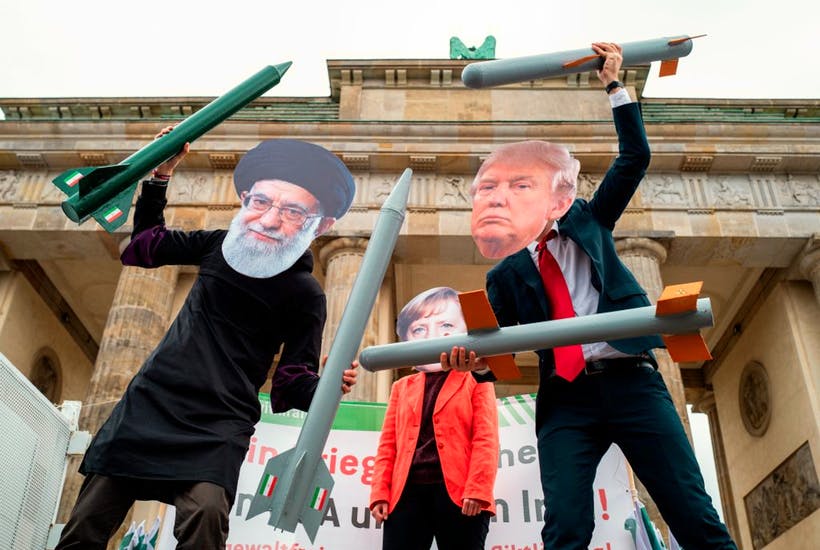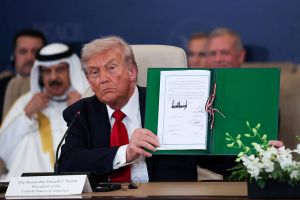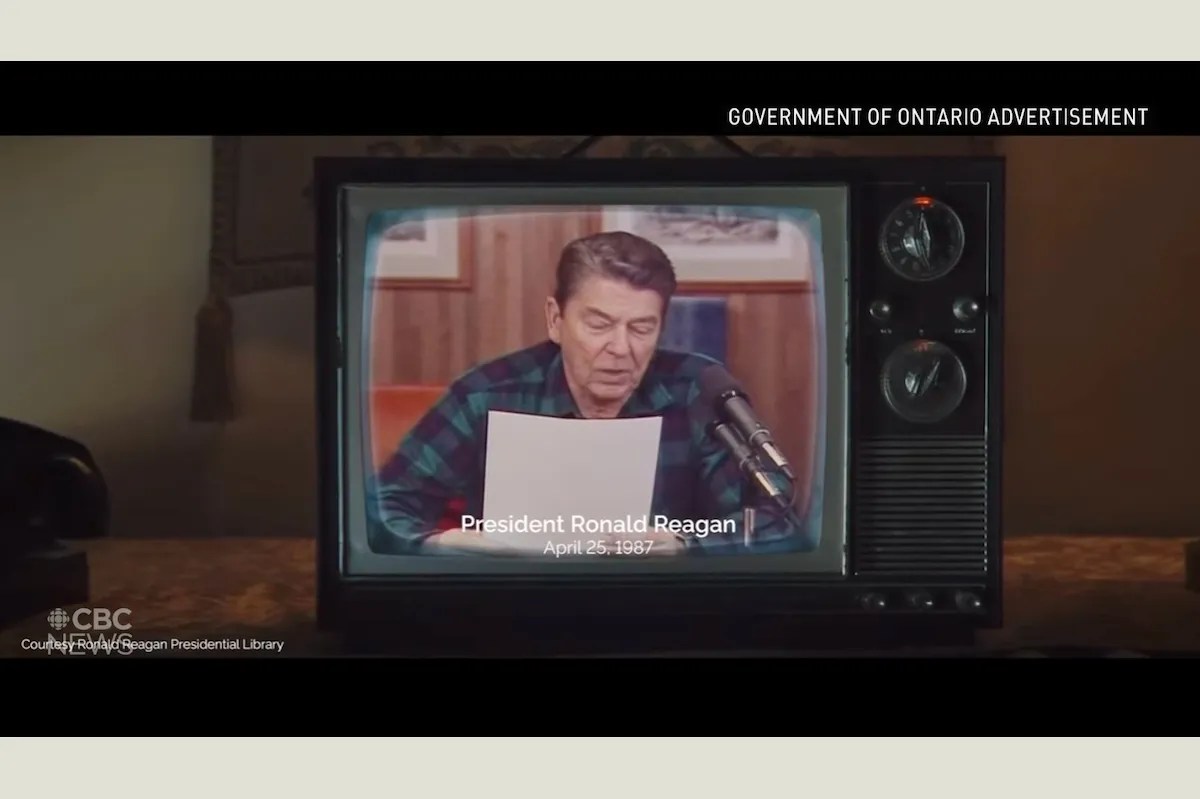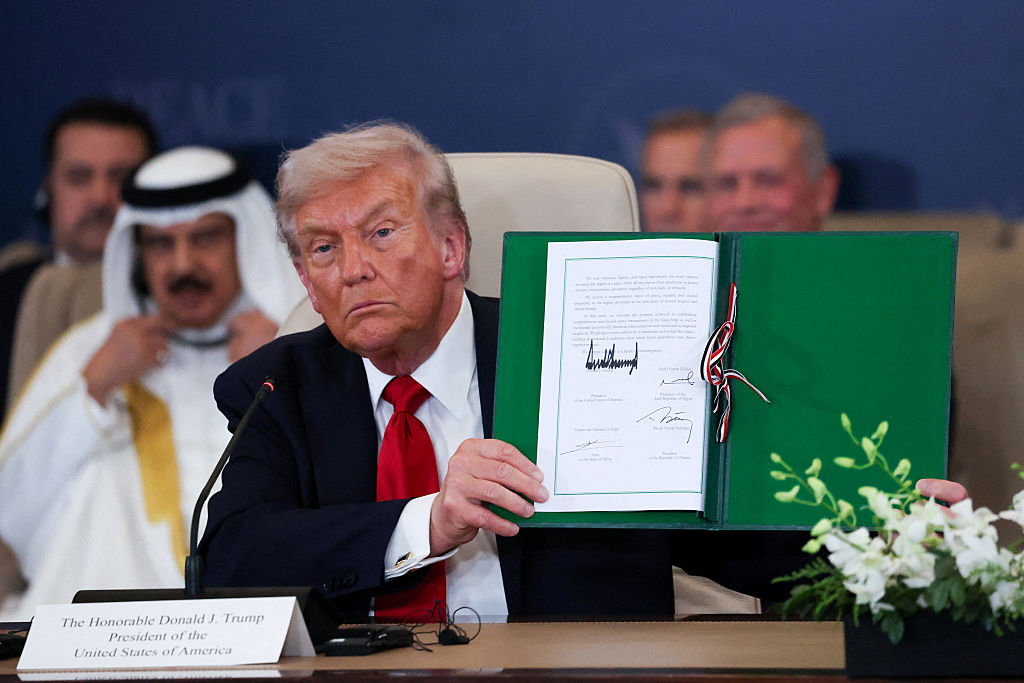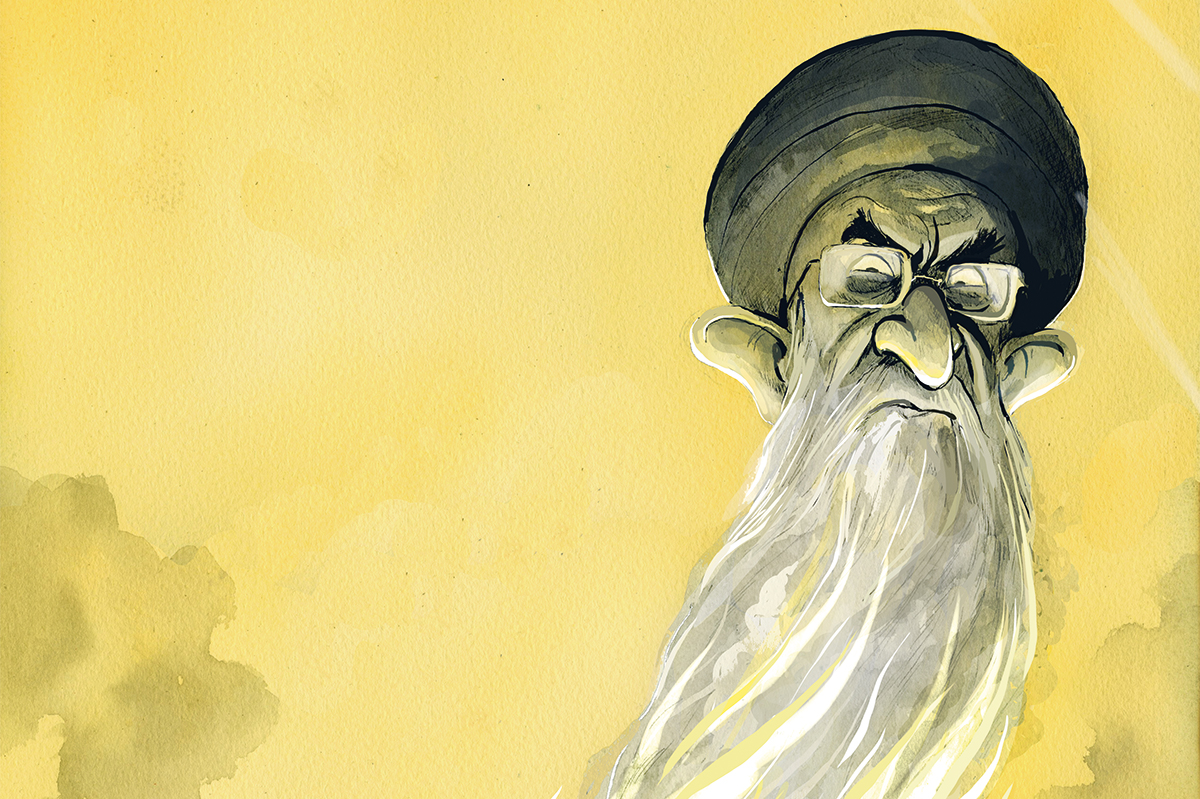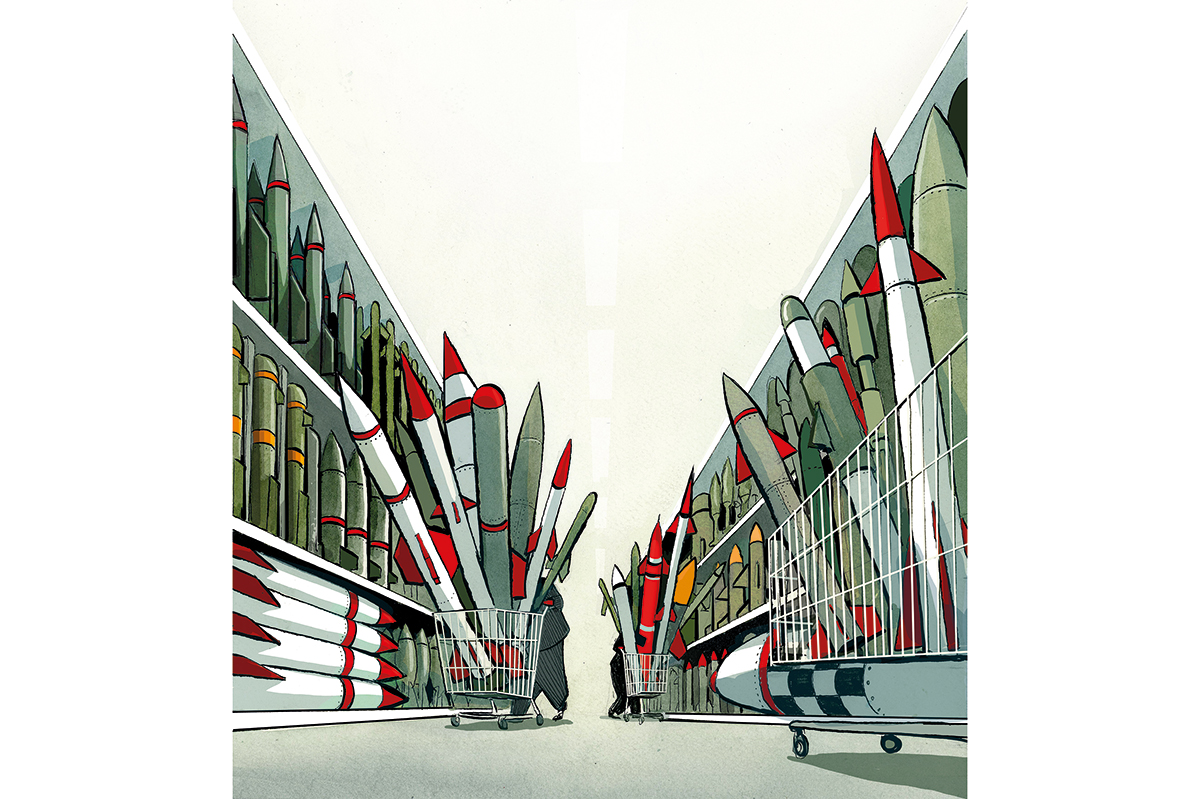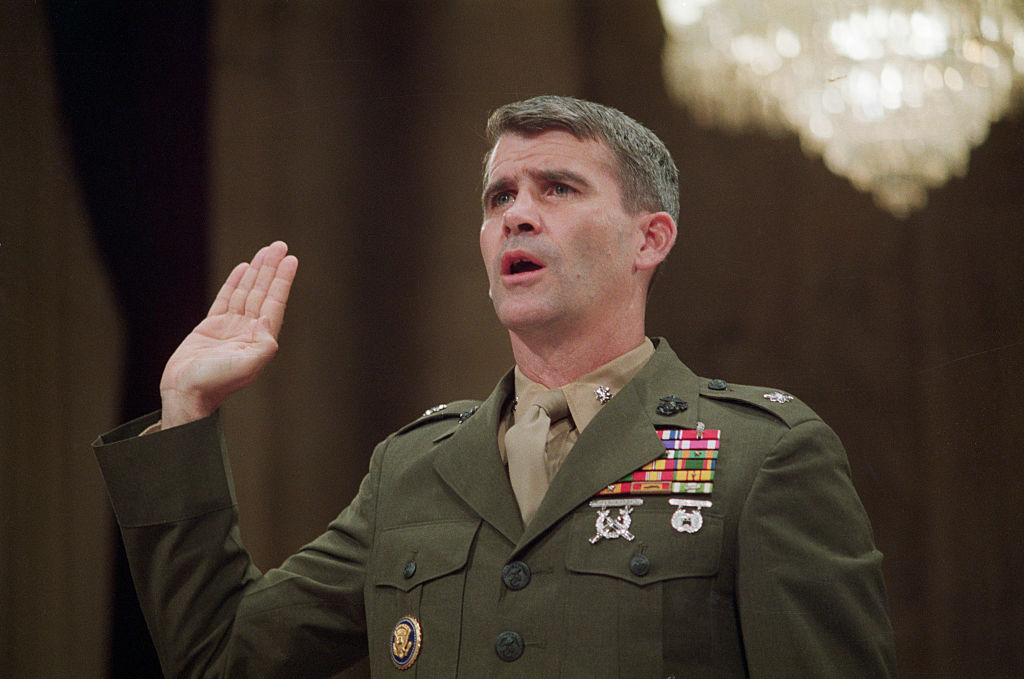It is easy to construct a scenario in which tit-for-tat actions by the Americans and Iranians lead to all-out war, close off the Gulf, send oil prices soaring, crash the global economy — and, if you are really going to go for it, end in nuclear conflagration. But what about the alternative outcome: that conflict between Iran and the West precipitates a counter-revolution against the mullahs and leads to an end of the 40-year Iranian theocracy?
The overthrow of the Iranian regime is the black swan event — or maybe it ought to be called a white swan event — which no-one is talking about, which is odd given that there have been plenty of indications over the past couple of years that ordinary Iranians are finally growing fed up with their regime.
In May 2018, Iranian truckers began a nationwide strike over wages. The following month, market traders in Tehran’s Grand Bazaar staged a mass protest against the sinking Iranian currency, the rial. The protests quickly spread to over 200 cities.
Last spring, Iran’s teachers staged a sit-in, culminating in a mass protest against inflation outside the Parliament building in Tehran on May 1, with some protesters adopting the yellow vests of French fuel protesters.
The trigger for these protests, as so often in the collapse of dictatorships, is economic. Donald Trump might not think that existing western sanctions are sufficient, but the truth is that they have hurt the Iranian economy. People who might not be politicized or motivated to protest against a regime purely on the basis of individual freedom, the right to free speech and so on, do nevertheless tend to rise up in anger when their living standards are attacked.
It is easy to see a possible parallel here with the Soviet Union, whose leaders were rattling their sabers as loudly as ever as their socialist empire began to crumble. It is easy to forget now how hopeless the West’s relations were with the Soviet Union in the early 1980s, how gloomy we all seemed about the prospects for peace. Then as now, we had a figure in the White House who was seen by many as warmonger who should never be allowed anywhere near a nuclear button. And yet within a few years the Cold War was over and Reagan and Gorbachev were negotiating away their missiles. It didn’t happen purely thanks to the personalities of Reagan and Gorbachev — important though that was. It happened because the stagnation of the Soviet Union had reached a point at which it became impossible for anyone to pretend that the West was not in a vastly superior economic position.
To push the parallel further, we are with Iran about where we were with the Soviet Union in 1980 — the year that the Thatcher government published its infamous leaflet Protect and Survive. We are bedding down in our bunkers expecting the worst, unable to see a very different outcome. It might not be this year that Iran advances it own internal clock to 1989, the year that the iron curtain was finally pulled down. But I certainly wouldn’t mind a wager than Iran’s theocracy will be gone by the end of this decade and that relations between Iran and the West will be normalized.
This article was originally published on The Spectator’s UK website.



